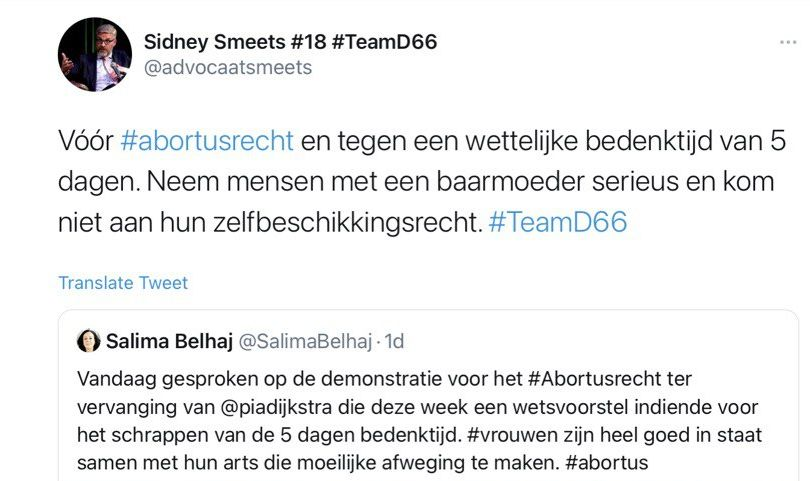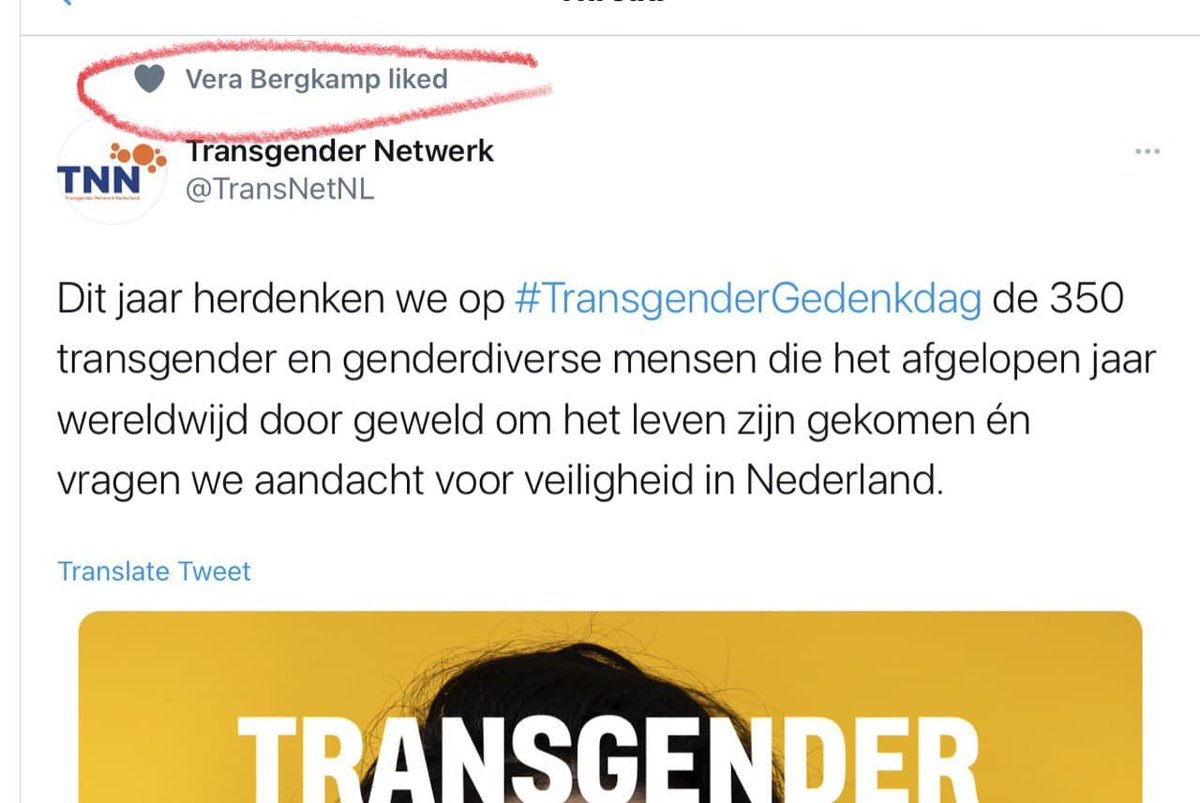I wrote this letter to Amnesty Ireland boss Colm O'Gorman in January 2019, because he objected to the GRA reform debate in Scotland.
It looks like he was putting #TransRightsAreHumanRights before #WomensRights.Hi Colm O'Gorman,
I fully support Amnesty in its campaign against hatred, discrimination and abuse. However, things have become rather clouded when it comes to trans activism.
Of course, we need to stand up and defend the rights of LGBT people to live their lives as they wish, along with all other persecuted minorities. That means supporting transsexuals and intersex people too. However, where there is a danger of undermining the existing rights of women -- lesbians in particular -- and feminists who support these rights, it is reasonable to examine and debate these issues. Where the human rights of one group impinge on those of another, it’s important to try to get the balance right, however difficult and at times awkward this may be.
While it is true that trans people suffer discrimination, it does not seem correct to refer to huge levels of discrimination. In fact, excluding domestic violence, there is no sign of this in the UK. (See the Channel 4 factsheet.)
There is however discrimination against women. Women still require protection against the male of the species and they need to discuss their rights, freedoms and protections. However, we have seen all too frequently over the past few years that any such debate is fiercely opposed and in some cases closed down by militant trans activists.
The threats made against those who express dissenting views, such as Rosa Freedman, have become a real problem. Shocking examples abound at Terfisaslur. Another victim of militant trans activists is Kathleen Stock, who recently posted an article that covers most of my arguments on this subject. As does this thread by CowardlySockpuppet.
For many years I supported the line taken by trans activists, having myself worked on a photo book on trans kids. I knew that a close friend took a completely different view and I believed her to be misguided if not transphobic. Talking to her recently, I realised that things weren’t that simple. During much of her childhood, she identified more as a boy. Beverley Jackson (once a founding member of the Uk Gay Liberation Front) changed her name, her hair and dressed to match her desire to be seen as a man. However, later she came to embrace life as a woman and is now extremely grateful not to have “transitioned” in any way. That was not an option in the 1960s. Now she is very happy to be a mother of two children, a grandmother and happily married to another woman. None of that would have been possible if she had transitioned. The universal confusion of puberty would have led to sterilisation, life-long dependency on medication and may well have left her unhappy.
As a lesbian, she feels betrayed by Stonewall, which now focuses largely on men and trans people and virtually excludes lesbians who do not go along with the transactivist line. Many of the feminists who currently challenge gender identity theory have similar backgrounds.
I do not believe that questioning and debating gender ideology is a form of hate. Nor do I believe that debate on the subject should be stifled in the way it is at present. I understand how the problem got so heated. Any debate on the issue of “gender as a spectrum” can be and often is interpreted as a personal attack on a transgender individual. This does make it very difficult to have an open and honest debate on an issue which is crucial to maintaining respect for people with a wide variety of preferences and desires.
This also means that any questioning of the conviction that “trans women are women” -- and even exploring what this means for the definition of “woman” -- is regarded as hate speech and results in massive abuse on Twitter and blocking, often by inclusion on the TERFBlocker block list (instigated, I believe, by Aimee Challenor - see below). In Canada, things have now escalated so far that the British Columbia Teachers’ Federation blocks anyone who has ever questioned the core beliefs of those who advocate gender self-ID. That even means blocking their own members.
I personally think that the British organisations Stonewall and Mermaids have both overstepped the mark and that their attempts to protect a discriminated minority have led to even greater injustices than those they were protesting against.
One example is Aimee Challenor. In protecting her father, she exposed young people to a dangerous paedophile. Not only that, but she continues to be a trans-adviser to Stonewall. This case does reveal some of the major issues involved. Especially the fact that others around her said their “first instinct was to protect Aimee”. And hence not to warn her about imminent dangers or to think of protecting others in society.
Mermaids is also a controversial organisation that claims that gender identity is formed in very early childhood. They have been accused of encouraging young people to transition when faced with dysphoria in puberty despite evidence that, without treatment, a large majority, perhaps as much as 90%, ends up identifying with their biological sex. Anyone disputing this is accused of hate speech. The view taken by this organisation would not be such a problem, were it not that Mermaids is taken by government bodies to represent authoritative and expert views and hence invited to propagate these views in schools. No groups of feminists are invited to present different views.
I have supported Amnesty throughout my life. I’m not suggesting you should swap sides and join the rebellion against this dogma, but I do suggest that Amnesty doesn’t voice support for it.
Yours sincerely
Martin Cleaver
I have still had no answer.
"Well, an answer of sorts, in that Amnesty as an organisation continue to voice their support for gender ideology--an ideology many women and gay people find regressive, homophobic and, most of all misogynistic--loudly and often.
Rather than answering silly old letters, Amnesty prefers to make their case by repeating it over and over again. You really know someone's put a lot of thought into their position when they say it six times." (Glinner)
Amnesty is increasingly acting like misogynistic mens' rights activists. See also
this piece by Still Tish.




